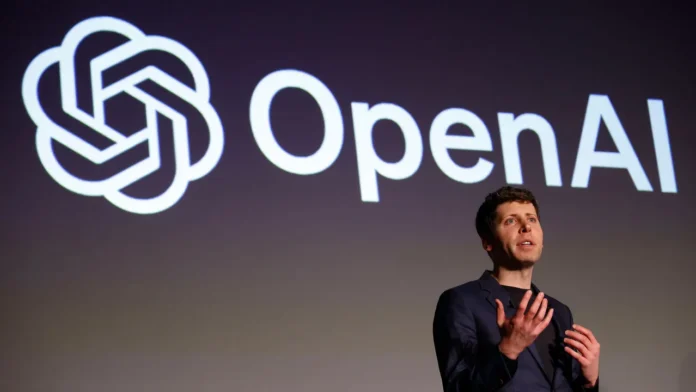OpenAI is preparing a major push into AI hardware, aiming to reshape the consumer technology landscape. Moreover, the company plans to release wearable and home devices, signaling a clear shift from its software-only focus. By investing in AI hardware, OpenAI hopes to change how people interact with everyday technology.
The initiative gained momentum after OpenAI acquired a hardware startup founded by Jony Ive, the designer behind some of Apple’s most iconic products. In addition, Ive brings decades of design expertise through his firm, LoveFrom, which now helps OpenAI create sleek, user-friendly devices. Consequently, experts expect this collaboration to emphasize intuitive design.
Reports indicate that OpenAI’s first device could be a wearable pin, designed to complement phones or laptops without a screen. Furthermore, the company is exploring smart glasses, a voice-controlled home speaker, and a compact digital voice recorder. Together, these devices suggest OpenAI plans to build a connected ecosystem rather than releasing a single product.
The company has set ambitious targets. Specifically, it hopes to launch initial products by late 2026 or early 2027. Moreover, OpenAI aims to ship up to 100 million units by the end of 2026. To achieve this, it is partnering with manufacturers experienced in scaling Apple-style devices. In addition, engineers with backgrounds in wearable technology and voice-enabled hardware have joined the team.
However, analysts caution that entering the AI hardware market carries significant risks. For example, supply chain disruptions, battery constraints, and user experience challenges could slow production. Additionally, closely following Apple’s design strategies may fail if devices do not offer original or meaningful innovations.
Still, if OpenAI succeeds, it could dramatically shift the AI hardware landscape. Consequently, competitors may need to accelerate their own AI-native device development. Moreover, OpenAI’s CEO aims to combine practical functionality with elegant design, appealing to mainstream users.
Over the next two years, the company will face tests in both manufacturing and market adoption. Therefore, investors and consumers are watching closely, as the success of AI hardware could set new standards. By combining ambitious production goals with advanced design, OpenAI hopes to lead the next wave of consumer technology.
For more tech updates, visit DC Brief.


